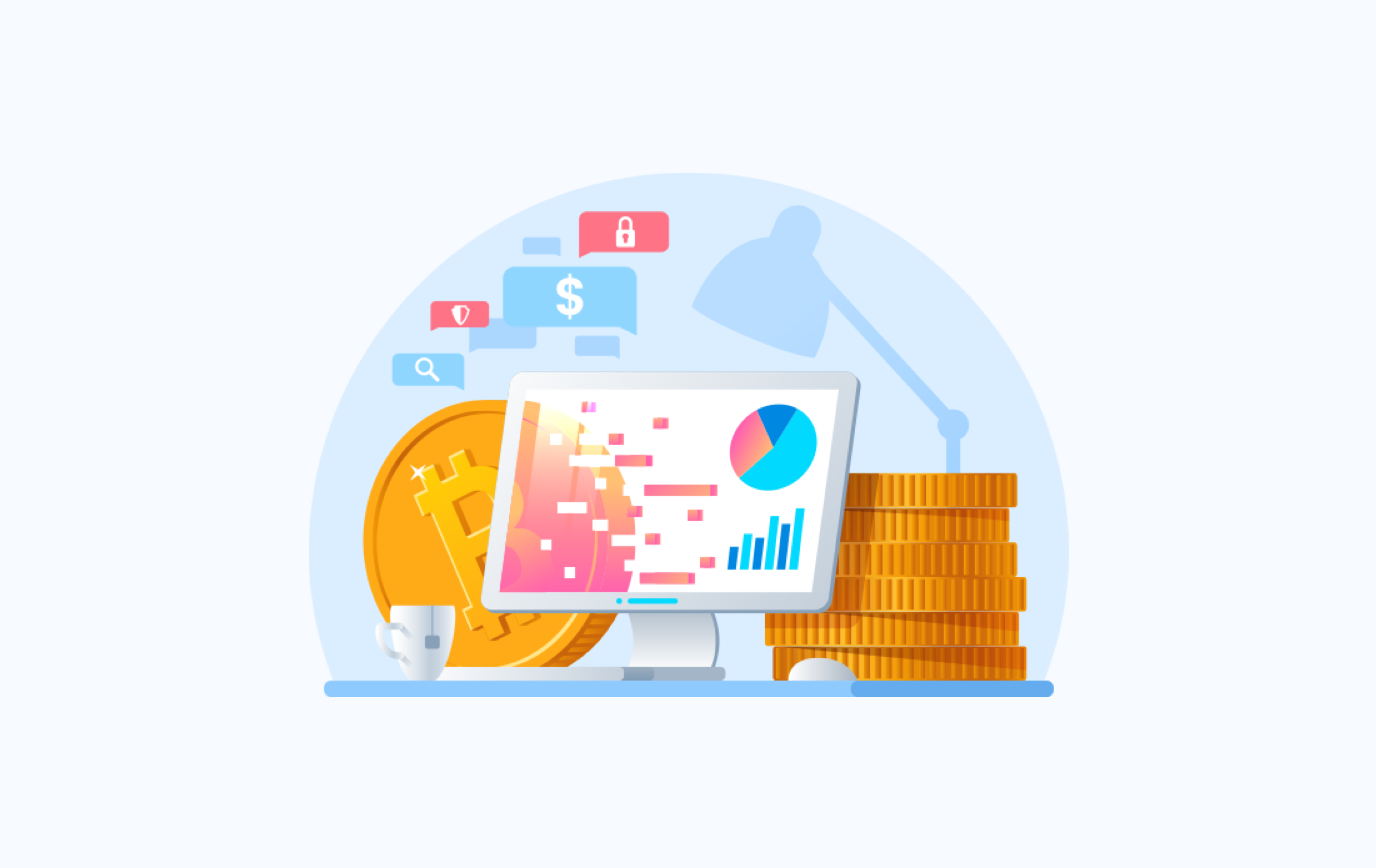There are many differences between crypto and forex trading, but there are also plenty of similarities. So let’s take a look at crypto vs forex trading.
Today, we will be discussing something that might intrigue many of the future investors and traders. Though some might argue that comparing cryptocurrency trading with forex trading might be like comparing apples and oranges but you will see for yourself that’s entirely the case.
Forex Market
The Foreign Exchange Market is the largest trading market in the world. It is open 24 hours a day, 5 days a week with a daily volume of about $5 trillion. The forex market includes banks, businesses, financial institutions, retail investors, and everything that exchanges national currencies either for doing business or to make a profit.
There are several factors that can move the forex market, which may include country-specific factors like GDP, inflation, unemployment, and others. This is the reason why traders use an economic calendar to stay updated about such information and economic events that might affect the market.
Cryptocurrency Market
The cryptocurrency market was introduced in 2009 with the creation of Bitcoin. With the opening of crypto trading exchanges and the rise of various altcoins, a vast ecosystem of trading digital assets soon got formed. The Crypto market is still young (about 11 years) and operates 24 hours a day and 7 days a week.
The crypto market currently has a daily volume of about $100 billion. The trading regulations on crypto exchanges vary as different parts of the world have different rules and regulations related to cryptos. In general, crypto markets are less affected by global economic events or traditional financial markets. Traders are less involved in keeping track of headlines and are more involved in paying attention to charts and analysis.
What are the similarities between the two?
There are many parallels between these two markets, such as the fact they both deal in currencies, are fast-paced and volatile, and both rely on modern-day communications technology in order to operate.
Maybe the most basic comparison to make between these markets is the fact that they are both based on currencies as opposed to other tangible commodities. While not everyone actually grants digital assets the title of “currency,” it is this basic type of instrument that Bitcoin and others seek to emulate. Similarly, both markets are made up of a variety of players ranging from individuals to massive financial institutions, all of whom are either conducting regular business or attempting to earn a profit on volatility.
What are the differences?
Despite many similarities, key differences between these markets remain. One of the largest is the nature of over-the-counter trading versus using exchanges but also how these markets respond differently to global economic pressures.
Cryptocurrency is most commonly bought on exchanges. An exchange, much like a broker, acts as a middleman and will take a cut. Unlike brokers, though, the exchange acts as the singular authority over buying and selling and usually has a fixed rate (or rate structure) that will always apply to trades. There is no negotiating; there is just the exchange’s terms. Therefore, this can simplify the process for users in some ways, but it does mean that user activity will be under the watchful eye of a central authority.
Global currencies are also not the same as cryptocurrencies — a fact that proponents on both sides are usually quick to point out. Traditional currencies (fiat) can be pegged to an asset, other currencies or nothing at all, but they are regulated by governments and central banks. The systems in the world that define their interactions are old and well established. The value of a global currency will always be dependent on things: what commodities they produce and how their nations are doing against other global players.
Cryptocurrencies, however, have very little of this. None of them existed before a little over a decade ago, and none of them are tied to a particular nation or bank. While they can be pegged to other assets, most of them are not, and they rely on a combination of their own utility and speculative faith to derive value. The intrinsic usefulness of a digital asset can vary wildly, and the market is fairly competitive, often with multiple projects vying to fulfill the same niche.
Jeton allows users to exchange money, make secure money transfers and online purchases. The better way to send money to those you love; simpler, faster, and safer.



